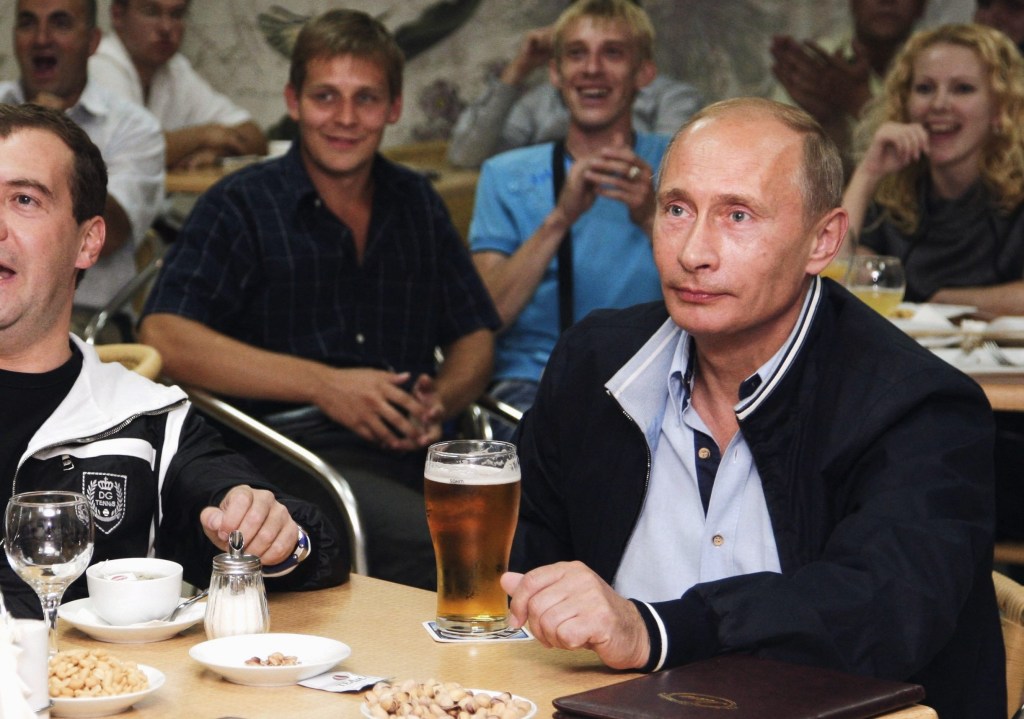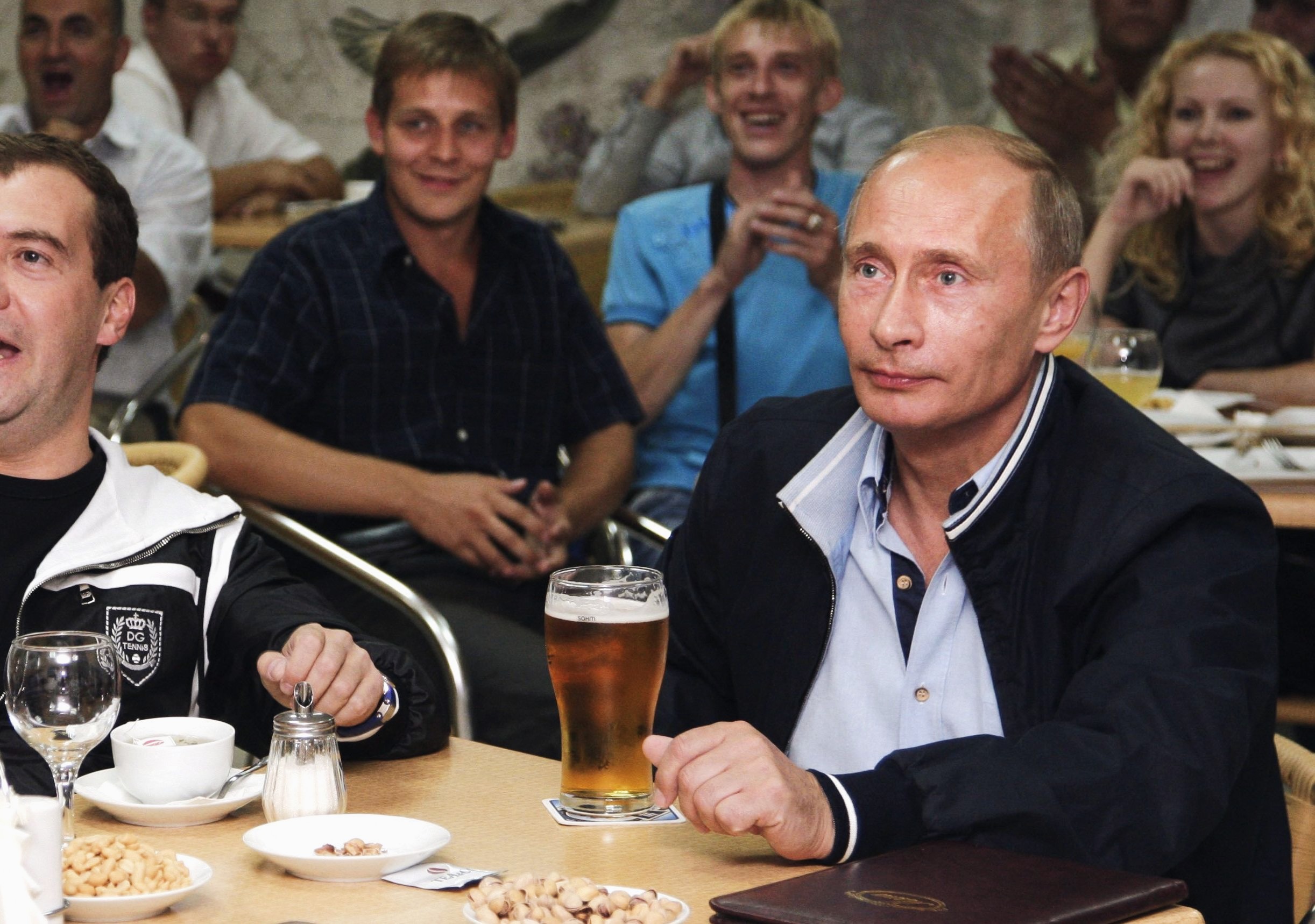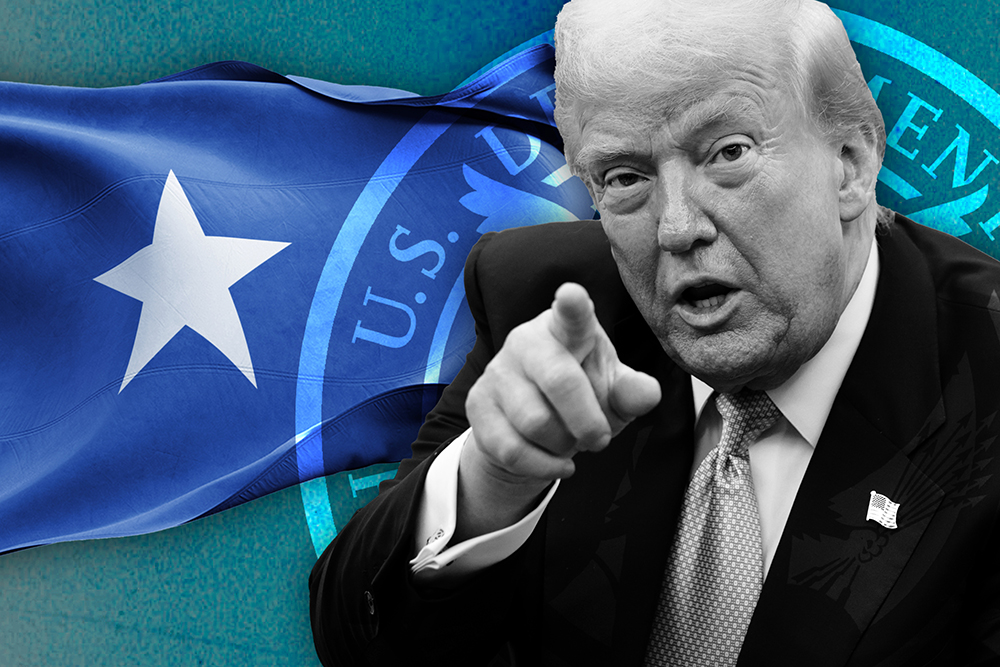Carlsberg, the brewing giant whose presence in Russia transformed that country’s beverage market, has left. What remains is the lingering residue of a boozy party that peaked too soon, ended in a brawl and left many questions dangling.
As it heads for the exit of Russia’s brutal, wartime asset reallocation process, Carlsberg – a flagship Danish company – takes with it something close to $322 million. This is the price reportedly struck for the sale of Carlsberg’s presence in Russia to a company called VG Invest that, according to the Financial Times, looks like a management buy-out.
It is not certain precisely how much cash Carlsberg will take home as it surrenders Baltika Breweries, Russia’s market leader. Departing western companies are typically entitled to 50 per cent of their enterprise’s value, as established by a state-appointed audit. Leavers also must pay a 15 per cent levy to the Russian government upon exit. The details of these payments and their amounts remain unclear.
Russia, remember, has only one famous beverage: vodka
Perversely, the deal will come as some relief. The Russian government seized Carlsberg’s Russian operations in July of 2023 in an attack that could have seen Carlsberg hounded out of Russia with nothing to show for it.
This was Carlsberg’s greatest fear: when the Kremlin moved on Carlsberg, CEO Jacob Aarup-Andersen declared his company had been ‘stolen’. The company had already written off its Russian operations, which at one time accounted for 10 per cent of global revenue, according to the FT.
But Carlsberg’s move is immeasurably more than just a market exit. It is the end of the market itself. Carlsberg’s purchase of Baltika turbocharged the re-invention of Russian beer; the company built the Russian market as it brewed every batch. The company’s departure will almost certainly end any real growth, innovation or development in the beverages industry. Progress comes when markets are connected and able to develop and distribute best practices. Russia’s beverage market is now unplugging from those global markets.
Russia, remember, has only one famous beverage: vodka. Beer was an also ran when it came time to unwind and knock one back. Important as the Baltika brand was, beer in Russia was seen as a low-quality, cheap beverage often sold in dull, two-litre plastic bottles. Long-term Russia-watchers might even recall the creation, in the early 1990s, of the Beer Lovers’ party, whose very name was designed to imply that the entire venture was a big, political joke.
Carlsberg didn’t act alone, of course, but its investment lifted the market and all its players. Beer outgrew its traditional venue – as a refreshment in the Russian banya, or steam bath – to acquire a fresh patina. Pubs and beer-fuelled sports bars exploded in popularity in Russia. A cold beer brought back memories of beach holidays abroad. Carlsberg helped make beer – and beer drinkers – respectable in Russia.
As the Russian beer market developed, consumption skyrocketed. Beer became so popular that it even set the vodka industry on edge, sparking a regulatory war between the rival beverages.
Carlsberg’s exit also harbours a particularly bitter aftertaste. Taimuraz Bolloev, the chief executive Carlsberg pushed out upon its acquisition of Baltika, is said to be back in control. In so many ways, everything old is new again in Russia.
If you’ll allow a stretch in that turn of phrase, the same will soon be the case in Washington DC, as Donald Trump returns to the White House. Candidate Trump famously promised he’d end the war on Ukraine – the trigger for the corporate exodus from Russia – in a day. At a campaign stop at the New York Economic Forum, Trump was asked whether he would ‘strengthen or modify’ US sanctions on Russia. Trump said he is no fan of sanctions; in his view they damage the dollar’s dominance in international trade.
Lurking behind that question – and its response – are broader questions about the longevity of the global, coordinated sanctions regime against Russia. Companies left Russia for a number of reasons. For some, it was simply the optics of doing business with a military aggressor – Carlsberg broadly falls into this category. For others, sanctions made doing business in Russia excessively difficult. For others, the coordinated global sanctions regime against Russia made doing business in Russia flat out illegal. Time to go.
Sanctions are easy to impose and difficult to remove. The US has been sanctioning Cuba since 1962. The US had sanctions against the Soviet Union even after that country ceased to exist. There is no telling if anticipated ceasefire talks will lead to sanctions relief against Russia. That would almost look like rewarding Putin for stopping a war he had no justification in starting.
Do not, however, be surprised if a scenario develops under which certain sanctions, or perhaps other, less onerous restrictions, are gradually lifted. And don’t be surprised if companies start to return to Russia as soon as it is legally possible. The logistics and the optics of those moves will be difficult, but not impossible, to work out.
Russia is shunned in polite business society
But what of Carlsberg and its cohorts – the companies whose withdrawals from Russia were predicated on moral and other grounds but became more like a painful expulsion? For now, Carlsberg executives and plenty others like them are applying burn ointment. These wounds will heal, as most wounds do. When that happens, which companies will go back to Russia, and who will set the terms and conditions for their re-entry?
More importantly, with billions of dollars of foreign assets now under fresh local ownership, who will want the foreigners back? Two trends are at work here. First, if you’re a Russian businessman – say, a crony of President Vladimir Putin – and have just grabbed a shiny western industrial bauble at a knock-down price, you’ll want to play with it for a while. Prying these new toys back out of Russia’s hands will come at a price. The Carlsberg episode shows how painful breaking up can be, but also points to how distant reconciliation might be.
Second, in a globalised (albeit tenuously) world Russia is in some respects retreating into a form of autarky – trying to live alone economically. The truth is that no country can – the number of goods seeping into Russia in circumvention of sanctions is testimony to the durability of cross-border trade. That retrograde and misplaced goal belongs more to the Stalinist era than to a world where, of particular importance to Russia, energy markets and the weapons bazaar are fully international. At the very least, Russia has dramatically narrowed its circle of partners, and is shunned in polite business society. Unwinding the damage of both these trends will involve a stiff drink indeed.








Comments